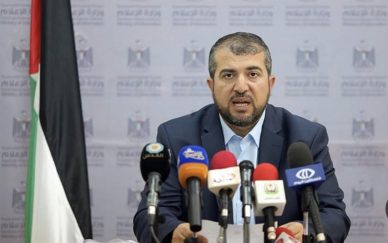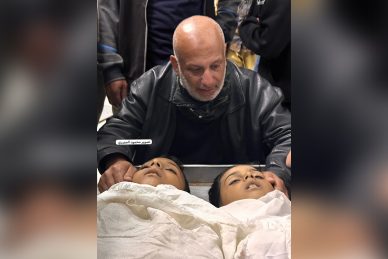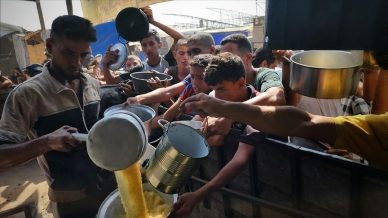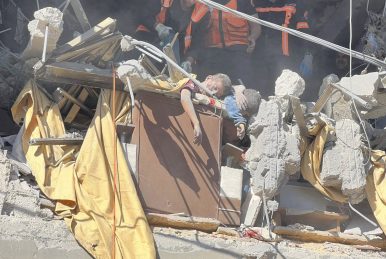RAFAH, (PIC)
The city of Rafah, located in the far south of the Gaza Strip, has become a disaster zone due to the ongoing Israeli aggression. The relentless attacks have caused widespread destruction of infrastructure and public services and led to mass killings of unarmed civilians—marking one of the most horrific examples of ethnic cleansing in modern history.
According to a statement issued Sunday by the Government Media Office (GMO), the Israeli occupation has turned Rafah into a “closed military zone,” completely cut off from the rest of Gaza. The city has been subjected to horrific massacres and massive destruction that has touched every aspect of life.
Systematic destruction despite ceasefire
Although a ceasefire agreement came into effect on January 19, Israeli forces have continued their assaults, resulting in dozens of civilian casualties—many of whom were attempting to return to check on their destroyed homes.
Rafah, which spans 60 square kilometers and was home to around 300,000 people, is now uninhabitable. More than 90% of the city’s homes—over 20,000 buildings containing more than 50,000 housing units—have been completely destroyed. Additionally, 22 out of 24 water wells, including the vital “Canada Well,” have been demolished, depriving tens of thousands of families of clean drinking water, according to the GMO.
Infrastructure collapse: A city sinking into darkness and disease
The statement also noted that around 85% of the city’s sewage system has been destroyed, turning Rafah into a breeding ground for disease. Nearly 320 kilometers of roads have been bulldozed, and 12 health centers—including the Abu Yousef Al-Najjar Hospital, the Maternity Hospital, and the Indonesian Hospital—have been completely leveled.
In education, eight schools have been entirely destroyed, and the rest have suffered extensive damage. Over 100 mosques have been demolished, and vast stretches of farmland—including trees and greenhouses—have been wiped out.
A deepening humanitarian catastrophe
Rafah’s municipality has declared the city a “total disaster zone” after the forced displacement of tens of thousands of residents and the destruction of 30 out of 36 government buildings, including the municipality’s main office. The occupation also flattened a 12-kilometer-long, 900-meter-deep stretch along the border with Egypt, erasing 90% of residential neighborhoods—especially in the districts of Al-Salam, Brazil, Al-Jneina, and Rafah Camp.
The crisis has been made even worse by the ongoing closure of the Kerem Shalom crossing for over a month, which has prevented the entry of fuel needed to operate water pumps and essential spare parts for repairing damaged infrastructure.
An urgent call to the world
The GMO is calling on the international community, the United Nations, and humanitarian organizations to fulfill their legal and moral responsibilities by taking urgent steps to save what remains of the devastated city, including:
• Pressuring the occupation to withdraw from Rafah.
• Securing safe corridors for humanitarian aid to reach besieged civilians.
• Dispatching international fact-finding missions to document war crimes.
• Immediately beginning reconstruction and restoring infrastructure.
• Holding the occupation accountable for crimes committed against civilians.
A devastated city, but an unbroken spirit
The statement concluded by emphasizing that Rafah has not just been bombed—it has been methodically destroyed and wiped off the map in a deliberate effort to depopulate the land and alter its geographical and demographic identity. Yet, the resilience of its people stands as a powerful testament that the will to live is stronger than the machinery of death.














